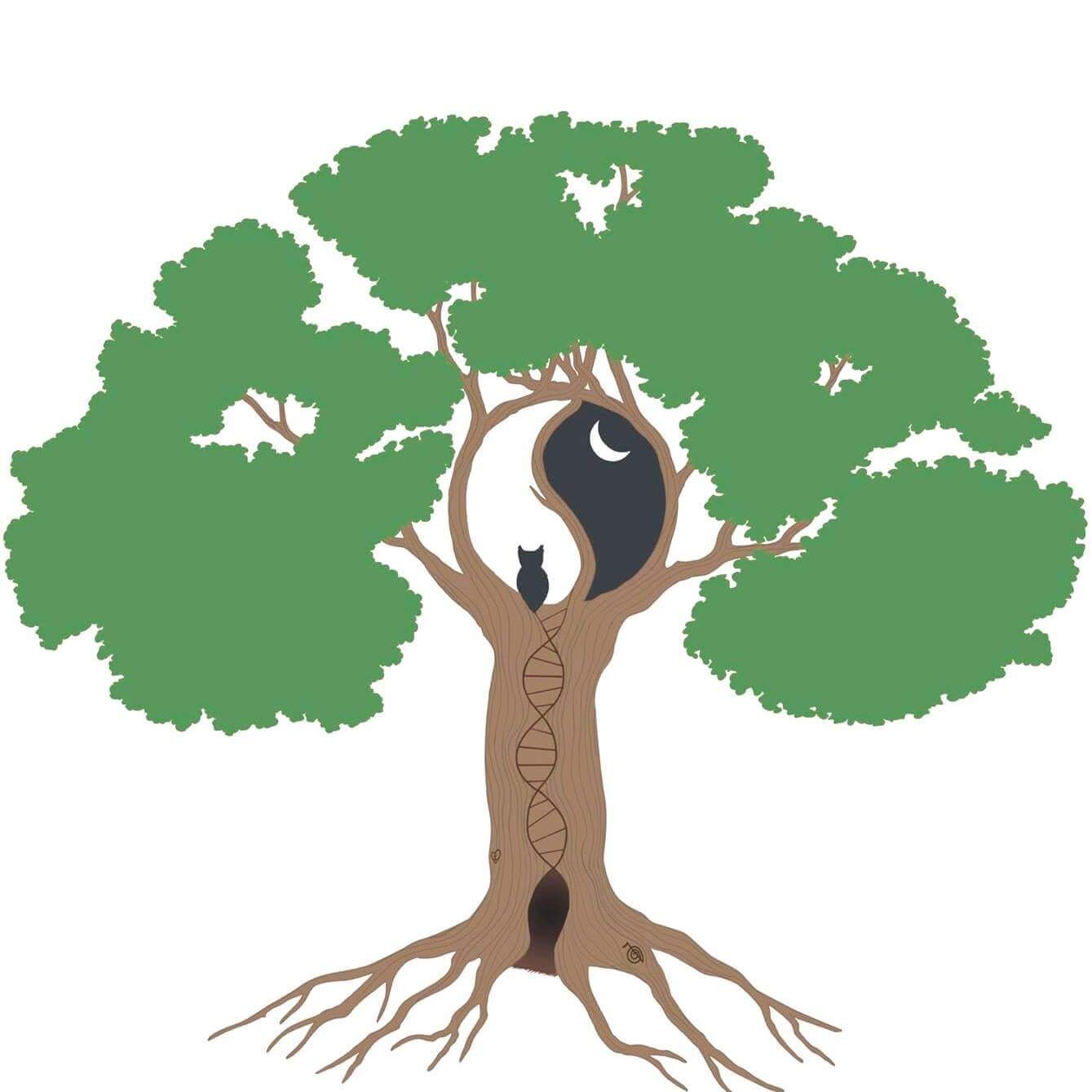Parasitic plant that grows near water
Neutral energy with a sweet acrid flavor
Dosage 6-16 grams
Contraindications: Should not be used for Fire from Yin deficiency or in those with constipation and scanty dark urine
Traditional Chinese Medicine
Treats Kidney Yin, Yang, and Jing
Liver Yin deficiency
Heart Qi deficiency from worry
Tonifies and warms the Spleen
Treasury of Words on the Materia Medica:
Tonifies without being cloying or drastic
Warms without being drying
If there is Dampness it can dry, but if there is dryness it can moisten
It can tonify if there is deficiency, but facilitate if there is excess
It can warm if there is Coldness, but cool if there is Heat
Studied in humans (China, Pakistan, India, Vietnam, Thailand, Korea) and used in treatment for:
Aphrodisiac improving sexual function (impotence)
Male infertility, spermatorrhea
Female infertility due to cold uterus
Prevent miscarriage by calming a restless fetus
Anti-aging
Anti-inflammatory and pain reliever
Osteoporosis and tendon treatment
Thirst, bitter taste, dry mouth
Urinary incontinence, dribbling urine, frequent urinary urges
Vaginal discharge, spermatorrhea, diarrhea
Low abdominal and back pain
Ulcers, wounds
Jaundice
Dandruff
lactation
Improve vision - blurred vision, spots in the vision field, dry eyes
There have been many animal and in vitro studies that had positive results including:
The ethanolic extract of Cuscuta Chinensis was found to be Hepatoprotective in rats
Erectile dysfunction in white rabbits
Osteoporosis in rat bones (in-vitro) and cells (in-vitro)
Skin protective qualities in mice
Anti-diabetic activity mice and rats
Antifungal properties in goldfish
Neuroprotective activity in cells (in-vitro) and rats and mice (in vivo)
Stimulates the immune system in mice (in vivo and in-vitro)
Antioxidant activities (in vitro)
anticancer properties (in vitro); antitumor (in vitro) human cells
Renoprotective (Kidneys) in rats
Reproductive system rats, mice, and humans (both in vitro and in vivo)
Enhances memory and aids in preventing biological aging (senescence) in rats and mice
Prevention of abortion in rats
Antidepressant activity in mice (aerial parts)
Central Nervous System depressant in mice (whole plant)
Antimutagenic effects in rats and mice
Cardioprotective activity in dogs and rats
Anti-nociceptive (anti-pain) in mice
Antiinflammatory effects in mice
Effects on melanogenesis (production of the melanin pigments) in guinea pigs and zebrafish and invitro
Chinese Herbal Medicine Materia Medica Dan Bensky, Steven Clavey, Erich StogerChinese Medical Herbology and Pharmacology John K Chen, Tina T Chentandfonline.com/doi/full/10.1080/13880209.2017.1340965;ncbi.nlm.nih.gov/pmc/articles/PMC5187856; link.springer.com/article/10.1007/s00436-013-3597-7; ncbi.nlm.nih.gov/pmc/articles/PMC7038433;d1wqtxts1xzle7.cloudfront.net/35493854/Cuscuta_chinensisLam._A_systematic_review_on....pdf;ncbi.nlm.nih.gov/pmc/articles/PMC7038433/#B68; ncbi.nlm.nih.gov/pmc/articles/PMC6903142/#:; mdpi.com/1420-3049/23/12/3060; pubmed.ncbi.nlm.nih.gov/25281912; pubmed.ncbi.nlm.nih.gov/21905280;Umehara K, Nemoto K, Ohkubo T, Miyase T, Degawa M, Noguchi H. Isolation of a new 15-membered macrocyclic glycolipid lactone, Cuscutic Resinoside a from the seeds of Cuscuta Chinensis: a stimulator of breast cancer cell proliferation. Planta Med. 2004;70:299–304;Cai XG, Xu AX, Ge B, Gao X, Yang SH. Effects of a polysaccharide from CCL on inhibiting oxygen free radical threshold of senile mice model. Acta Acad Med Mil Tertiae. 2005;27:1326–1328.; Effect of Total Flavones from Cuscuta Chinensis on Anti-Abortion via the MAPK Signaling Pathway Hai-wang Wu, 1 Yi-hui Feng,1 Dong-ying Wang,1 Wei-yu Qiu,1 Qing-Ying Yu,1 Li-lin Yang,1 Chun Liang,2 Song-ping Luo, 1,3 and Jie Gao 3; Hepatoprotective and antioxidant effects of Cuscuta Chinensis against acetaminophen-induced hepatotoxicity in rats Feng-Lin Yen a, Tzu-Hui Wu a, Liang-Tzung Lin b, Chun-Ching Lin c,∗ a Graduate Institute of Pharmaceutical Sciences, School of Pharmacy, Kaohsiung Medical University, Kaohsiung, Taiwan b Department of Microbiology and Immunology, Dalhousie University, Halifax, Nova Scotia, Canada c Faculty of Pharmacy, College of Pharmacy, Kaohsiung Medical University, Kaohsiung, Taiwan
